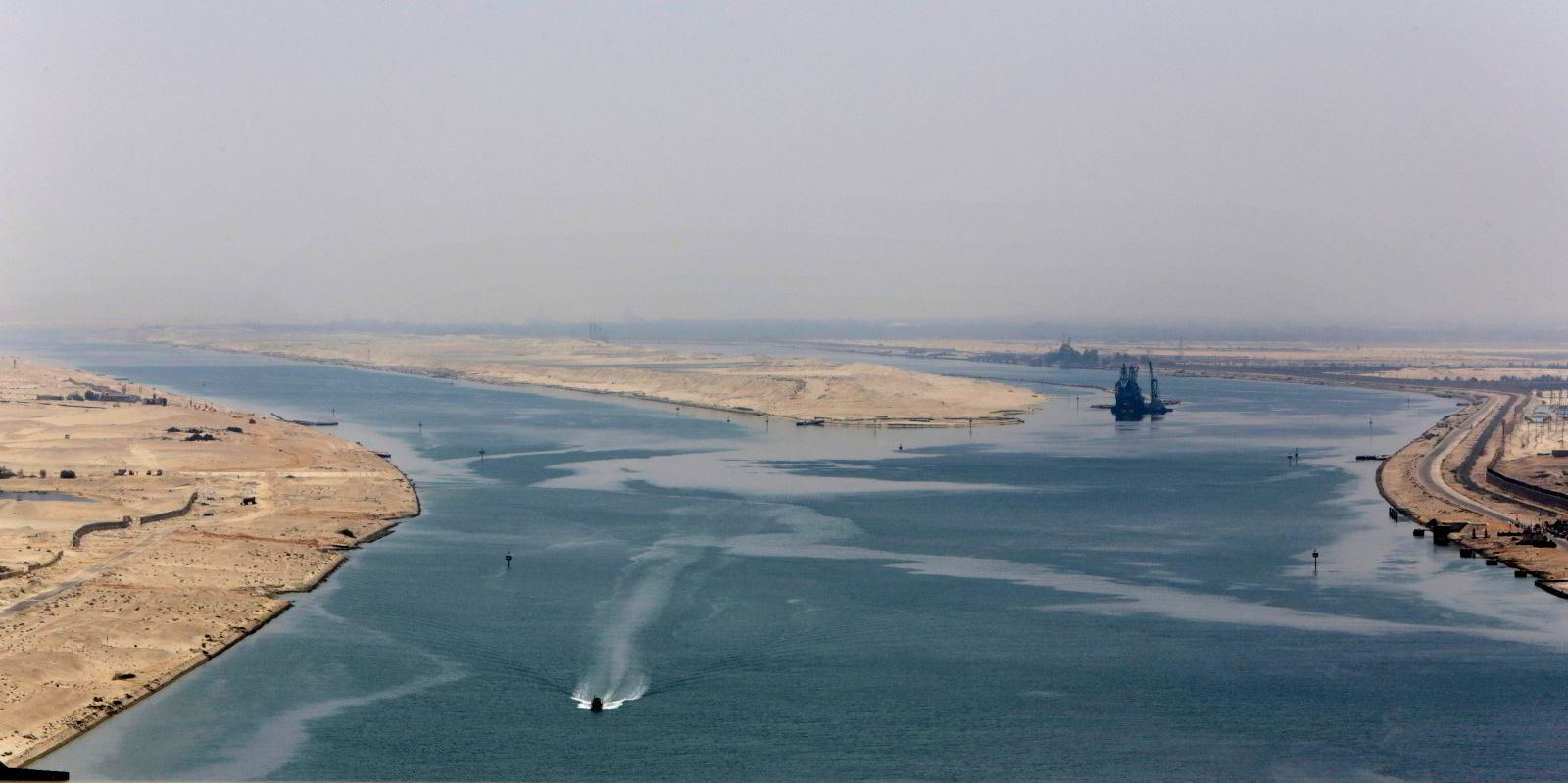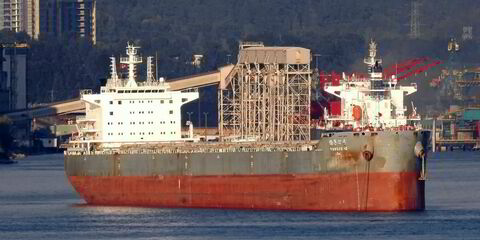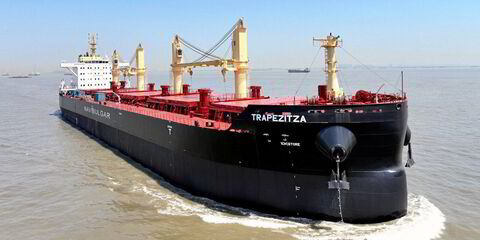Two tankers have had a near miss in the Gulf of Aden after a projectile exploded nearby, according to security sources.
The 108,953-dwt product tanker Achilles (built 2008), affiliated with India Gaurik Ship Management and transporting cargo from Russia’s Ust-Luga port, was just 1 nautical mile away from the impact.
The Oceonix Services-owned, 109,991-dwt Marlin Luanda (built 2018), operated by Trafigura and flagged with the Marshall Islands, was the other tanker. The Marlin Luanda was said to have been 10 nautical miles away from the incident.
The ship is owned by institutional investors advised by JP Morgan.
Security firm Ambrey Analytics said the Indian-affiliated ship had loaded in Russia and was headed eastbound.
The incident was also reported by the UK Maritime Trade Operations, which added that the vessel and crew were safe.
In a statement, US Central Command said: “At approximately 1:30pm (Sanaa time), Iranian-backed Houthi militants fired one anti-ship ballistic missile from Houthi-controlled areas of Yemen toward Arleigh-Burke class destroyer USS Carney (DDG 64) in the Gulf of Aden.
“The missile was successfully shot down by USS Carney. There were no injuries or damage reported.”
More than 30 ships have been attacked in the Red Sea since hostilities began late last year.
Tension has intensified in the past few weeks with multiple attacks on US-owned and flagged ships in retaliation to airstrikes.
Shipowners have increasingly diverted vessels away from the trouble zone in an episode that is having a major impact on shipping and the wider world.
“The recent attacks by the Houthi rebels on merchant vessels have led to a significant increase in shipping freight rates,” Clarksons Securities said in an update on Friday.
“Historically, these freight rates have shown a strong correlation with Chinese producer prices. Furthermore, it is worth noting that Chinese producer prices have historically exhibited a relatively close correlation with US inflation.
“This raises concerns that the ongoing disruptions in the Red Sea could potentially have a detrimental impact on US inflation,” Clarksons Securities said.




